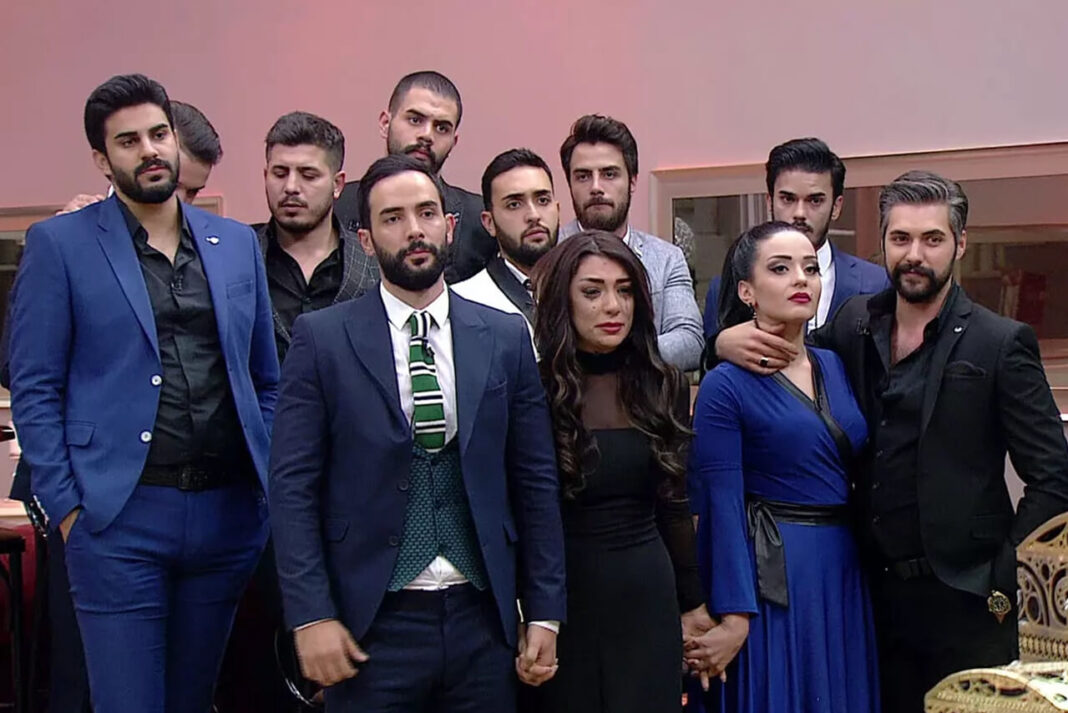One morning, we find ourselves watching clips from “Kısmetse Olur” on social media, later that evening discussing a couple’s argument, and on another day analyzing the chaos in our own lives in depth — essentially, gossiping. While we might be having fun, we are simultaneously experiencing many other things: we begin to define ourselves through perspectives on social norms, relationships, and friendships. Why are we drawn to shows like “Kısmetse Olur” or international versions like “Love Island”? Is it the need to define ourselves, the comforting presence of chaos and affection we want to live through, or just pure entertainment?
There are several theories that can explain why these shows push us to watch and critique them. These theories show that our motivation for viewing goes much deeper than it seems.
Social Comparison Theory (Leon Festinger): We tend to evaluate our thoughts, feelings, and behaviors by comparing ourselves to others. While getting lost in fictional reality and interpreting events, we might say things like “I wouldn’t do that,” “My relationships are better,” or “I wish I were that brave.” This is a clear example of the theory. Our goal may be to feel better about ourselves by watching situations we think are worse than ours, or to draw inspiration (or even jealousy and inadequacy) from people we think are in a better position.
Voyeurism, the desire to secretly watch others’ private lives, explains the urge to watch people argue, cry, flirt, and fight. This activates the brain’s curiosity and pleasure centers. It leads to emotionally passive participation and creates a sense of dominance over the show. Over time, this dominance can turn into desensitization and extreme judgmental attitudes. As people witness others’ privacy, they begin to reshape their own personal boundaries.
Erving Goffman’s Dramaturgical Theory includes the tendency to act differently depending on social context — either consciously or unconsciously. Contestants’ awareness of being watched and acting accordingly reflects the “front stage,” while letting go and being their true selves represents the “backstage.” The front stage leads to a fusion of natural identity and media identity. Constant performance can cause contestants to lose their sense of true self, and feelings of worthlessness and anxiety can emerge. According to Goffman, this ongoing performance may permanently reshape a person’s self-perception. Eventually, they may start to accept their on-camera identity as their true self.
So, how can we consume these types of programs consciously?
It’s important to remember that most of these shows rely heavily on editing, dramatization, and scripting; they should be viewed as media constructs, not reality.
These programs allow viewers to identify with certain contestants and feel anger, admiration, or pity for others. A conscious viewer maintains emotional distance by reflecting on their feelings and asking themselves why they feel that way. This questioning helps protect the individual’s psychological integrity.
A mindful viewer also learns not to compare their own life to these artificial formats. They begin to understand the complexity and uniqueness of real relationships, and realize that what is shown in the media is a dramatized copy, not a reflection.
If watching these shows starts to become emotionally damaging (for example, creating dependency or causing a negative mood), the viewer knows when to set boundaries. Strategies such as digital detox, filtering content, and seeking alternative activities can help.
Reality shows are not just tools for entertainment; they are also powerful psychological instruments that shape individuals’ self-perceptions, social relationships, and value systems. Programs like “Kısmetse Olur” don’t just let viewers witness others’ lives — they also provide an opportunity for self-redefinition. Psychological processes such as social comparison, voyeurism, and self-presentation transform the act of viewing from a passive habit into a catalyst for personal change.
Therefore, when consuming such content, it is crucial to ask not only what we’re watching, but also why we’re watching and how it affects us. Improving media literacy is an important step toward building healthier media relationships both individually and socially.


